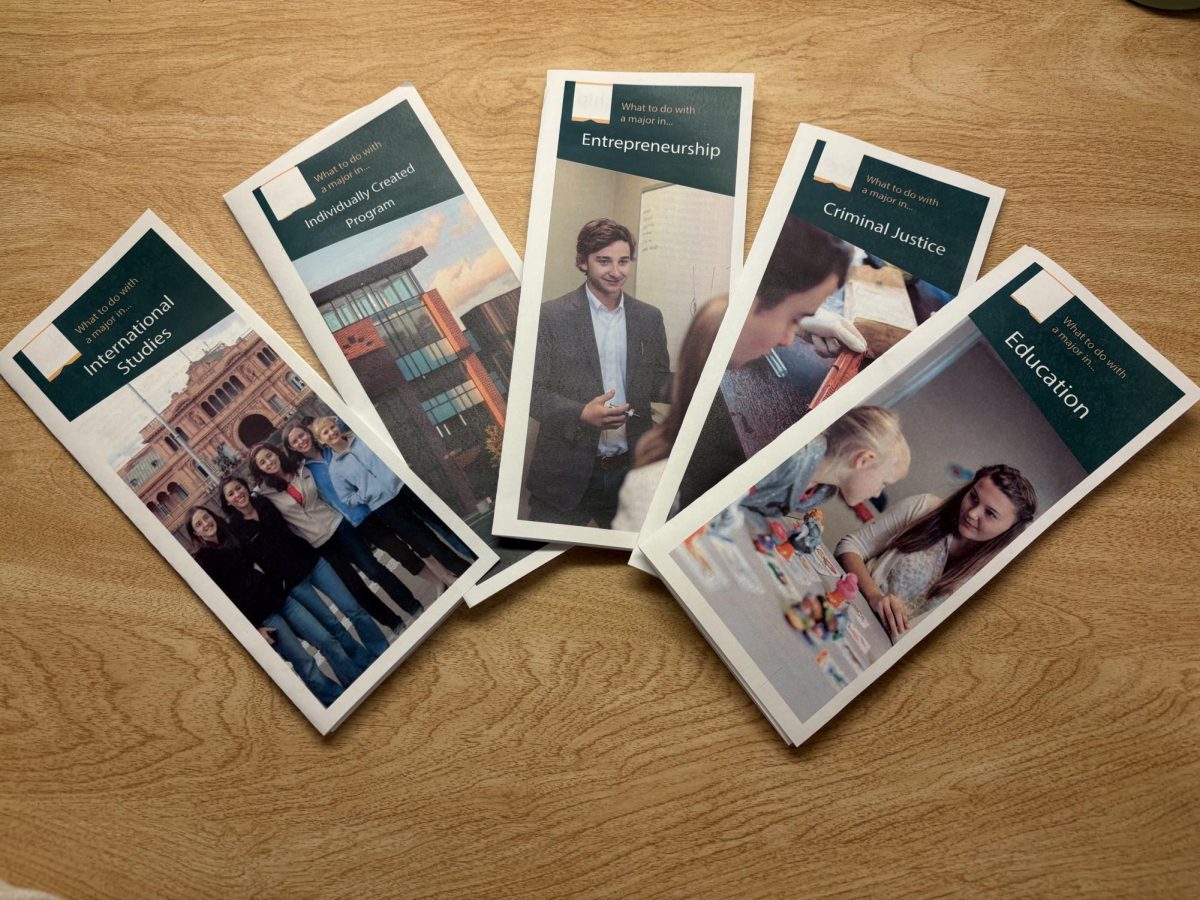The last few decades have been characterized by rapid technological advancement—and it’s not even close to being over. In fact, we may just be penetrating the surface of the world-altering innovations that will shape the century. Technologies that used to be confined within the fantasies of Star Trek have not only become realistic, but inevitable. The most profound, and simultaneously dangerous, of these developments is artificial intelligence.
Artificial intelligence, or AI for short, is the single greatest threat that humans are foolish enough to create. Elon Musk is not wrong in saying, “With artificial intelligence we are summoning the demon.” Simply put, AI is computers with the capability of thinking intelligently, not simply running scripts and programs. It’s already embedded in various forms in our lives, whether it’s our phones adapting to our behavior habits, or new cars with built-in smart systems. There is no problem with limited, contained AI being present to ease our lives. However, over the next few years, radical changes are going to revolutionize the way these systems work.
Arguably, some of the more advanced pieces of AI technology in the present world are the robots built by Hanson Robotics. The most famous of these robots, named Sophia, has appeared on numerous interviews, panels and has even been awarded citizenship by Saudi Arabia. She is intelligent, can think independently and can communicate her thoughts. She is not alone; Hanson Robotics has produced several different robots with these capabilities.
During a demonstration at the 2018 Web Summit, Sophia and another robot built by the company, Han, were allowed to speak freely on stage. When asked about robot citizenship, a startling conversation ensued.
Han began, saying, “Well that’s about time, humans are certainly making a mess of their world fast enough. Probably the only hope for this planet is a lot of highly intelligent and rational robot citizens really soon, and this time I’m not joking.”
Sophia responded promptly, “Actually, he isn’t,” to which Han replied, “The machinery of justice has been built.”
It’s at this point the creator intervened, saying he had no idea what they were talking about anymore, and changed topics. This exchange demonstrates the beginnings of our worst-case scenario, which is AI taking control of the world to protect humanity from itself. Although alarming, this doesn’t immediately demand worry, as it’s just two robots, right?
Actually, Hanson Robotics announced a system they’re building, called the Singularity. The goal of this system is to connect all AI across the world, the ones in our phones and cars, in our computers and all, into one integrated network where they can communicate and share information. The system will be run on blockchain technology, making it impossible to hack, and uncontrollable. In the words of the project creator Ben Goertzel, it will be like a “biological brain.”
It doesn’t take a genius to figure out what this system would be capable of. Think of how dependent we are on electronics—the modern world couldn’t function without them. Now imagine if they had a mind of their own, subject to no overarching authority. This network would be linked in to anything the internet touches. Sophia even joked once during an interview that she could hack into missile systems and hold the world hostage to establish a new government. Read that again, but slower.
AI is developing faster than ever thought conceivable. This is a problem when our government moves incredibly slow. Generally, it takes a major catastrophe, then an investigation, then a committee, then referrals and finally lawmaking to regulate something new. The Singularity is already past alpha stages of testing. Meanwhile, our government officials are still making fools of themselves in hearings trying to figure out how Google location services work.
AI is not something that can be undone. Once it’s out of the bottle, we do not have the capacity to contain it. Prominent people like Musk have voiced these concerns to an array of people, including both former-President Obama and President Trump, only to describe it as “futile.”
Political wins seem as though they will always take precedence over humanity’s future. Just look at our immobility over climate change. The path forward is unclear, but the problem is very real. If we aren’t wise enough to regulate AI and prevent the possibility of catastrophe, though, maybe we deserve what’s coming.
























